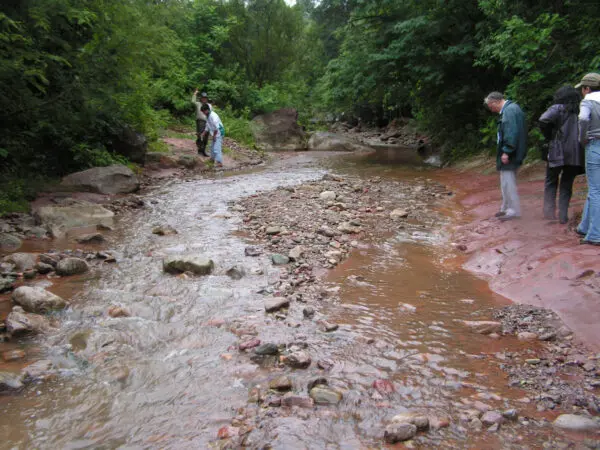Ineke Steinhauer
Senior Advisor Environmental and Social Assessment


The NCEA advised on Terms of Reference (ToR) for two Strategic Environmental Assessments (SEA) for hydrocarbon developments in Bolivia. It also reviewed one of these SEAs, and found a number of shortcomings which could still be remedied in the final version of the SEA.
According to Bolivian law, hydrocarbon activities in protected areas and forest reserves can only be conducted if an SEA has been undertaken for them. Bolivia's Ministry of Hydrocarbons and Energy (MHE) has initiated SEAs for hydrocarbon developments in one 'traditional' area (i.e. where hydrocarbon activities have been undertaken before) and one 'non-traditional' area (i.e. where no hydrocarbon activities have yet been undertaken). These are, respectively:
By selecting one traditional and one non-traditional area, the Ministry hoped to be able to draw lessons from the SEA for the former that may be of benefit for the latter. Upon request of the Ministry, the NCEA had already contributed to several SEA activities in Bolivia. During a visit in 2008, the Ministry and the NCEA discussed how the NCEA could assist in strengthening environmental and social management in the hydrocarbons sector. It was agreed that assistance to SEA would be suitable, and the two before mentioned cases were selected. The NCEA was asked to comment on draft Terms of Reference (ToR) for this study, which it did in an advice discussing the following aspects:
For the first of the two SEAs, the NCEA was asked to review the quality of the EIA report. It concluded that the SEA report contains a large amount of valuable information, but does not contain all essential information. Six main shortcomings are indicated in its advice:
The NCEA advised to address these shortcomings in the final SEA report, which was still in development when the NCEA's advice was issued.